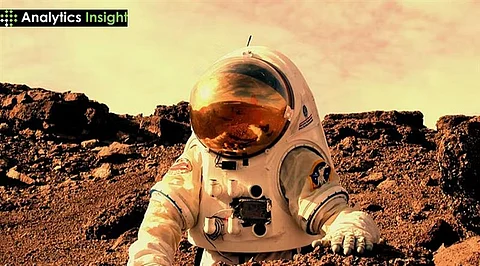

NASA and Google join forces on a bold leap in space health technology. The joint effort aims to equip astronauts with autonomous medical support during future deep-space missions. The tool, known as Crew Medical Officer Digital Assistant (CMO-DA), promises reliable health aid when ground contact lags or onboard doctors cannot be present.
The AI system uses natural language processing and machine learning to analyze symptoms and guide crew medical officers. It works through speech, text, and image inputs. Google hosts CMO-DA on Vertex AI in the cloud. NASA retains full ownership of its source code and contributes actively to refining the models.
Early trials in simulated scenarios show strong diagnostic performance that was evaluated by a panel of physicians and an astronaut. The tool reached 88% accuracy with an ankle injury case. It managed 80% in ear pain and 74% in flank pain. These results offer a glimpse of how an AI medical assistant can ensure crew safety when Earth-based help cannot respond fast enough.
Deep-space missions face long communication delays. Mars expeditions may involve up to 20 minutes or more delay each way. CMO-DA cuts risk by enabling prompt health decisions on board. It offers a way forward when real-time medical counsel from Earth becomes impossible.
The collaboration extends beyond space. Technologies powered by this AI medical assistant could serve remote or underserved regions on Earth. The same kind of infrastructural setup could bring healthcare services to areas where specialists are not available.
NASA, however, begins plans to update CMO-DA incrementally; SDKs listing medical device data and new means to adapt to microgravity effects and to give context-aware recommendations to space-specific settings are to come in the next version, a sign of transition toward a truly Earth-independent system of astronaut health support.
CMO-DA stands as a milestone in AI-driven space medicine. It paves the way for safer missions and advances ideas for remote care on Earth.
Also Read – How AI Helps Fill Healthcare Talent Gaps: Will It Replace Jobs?
